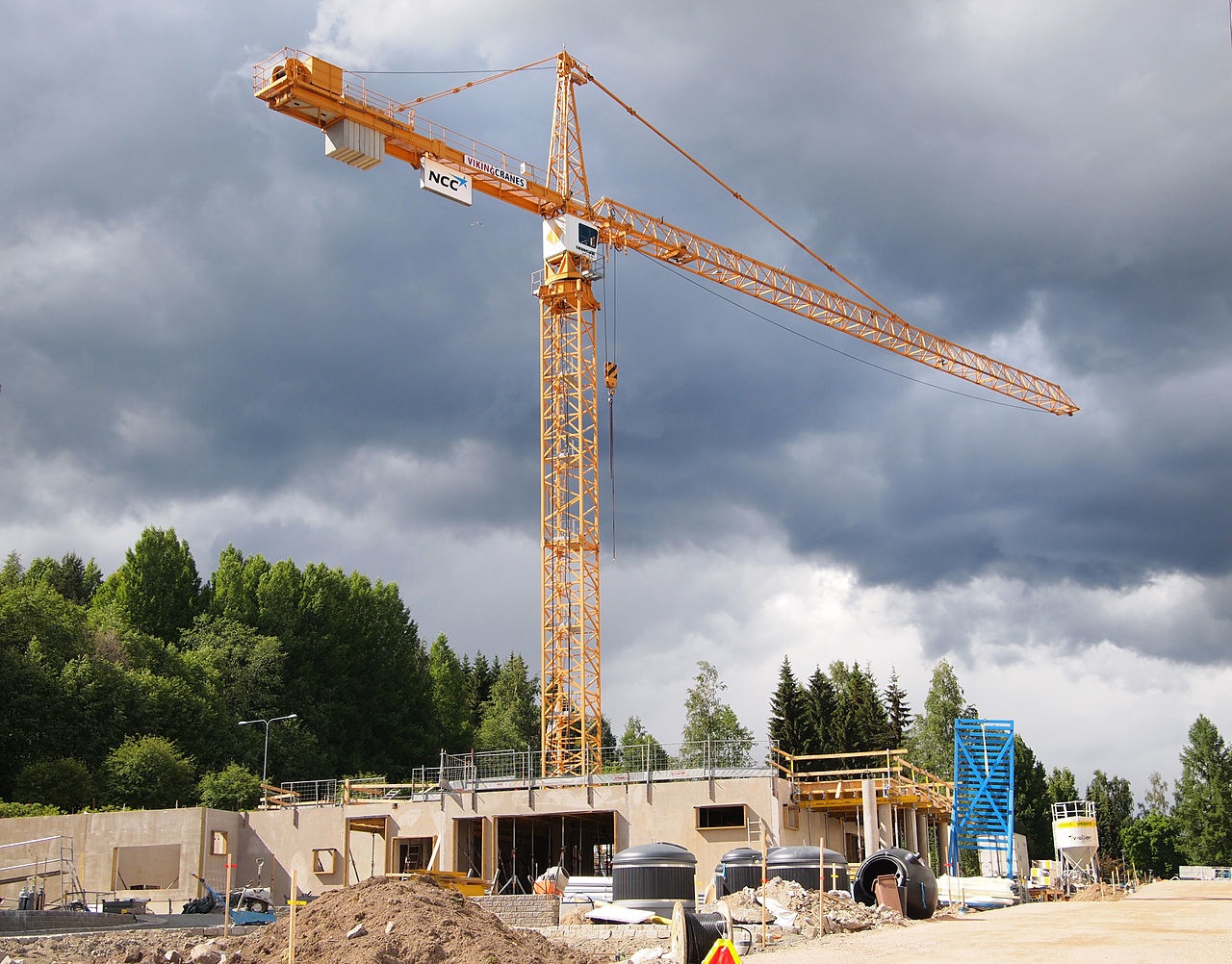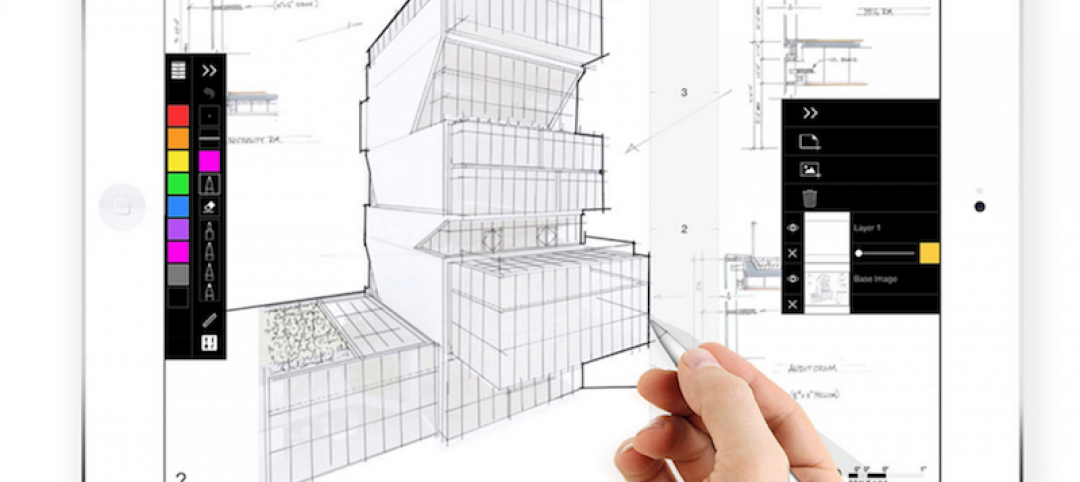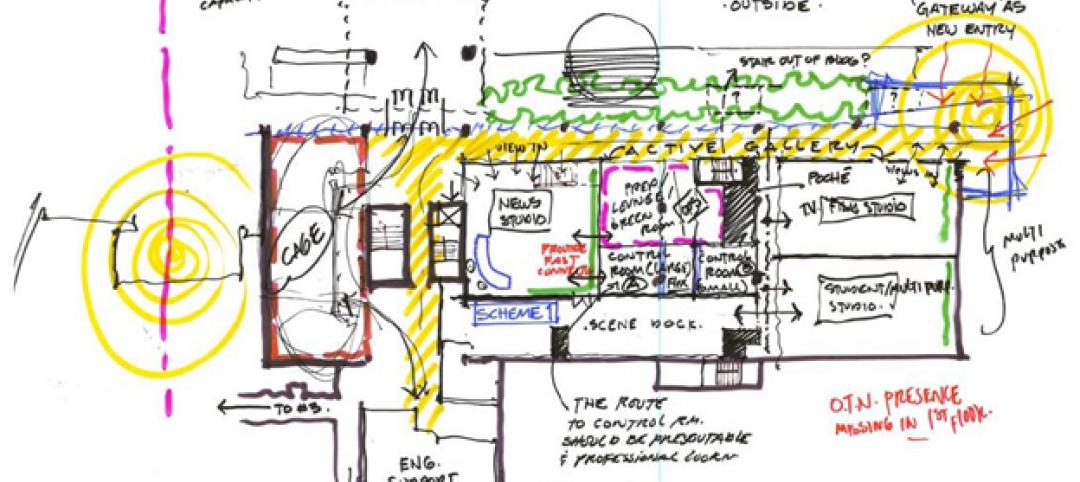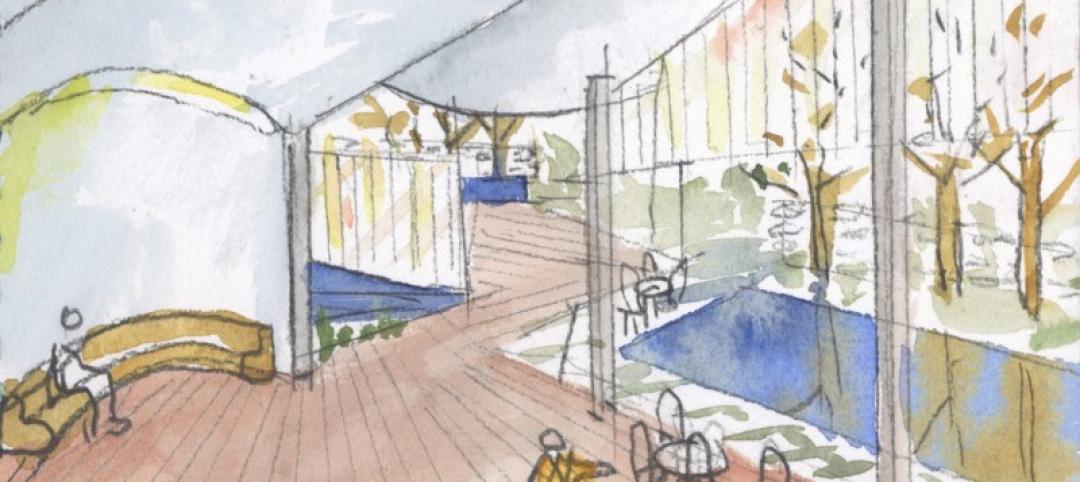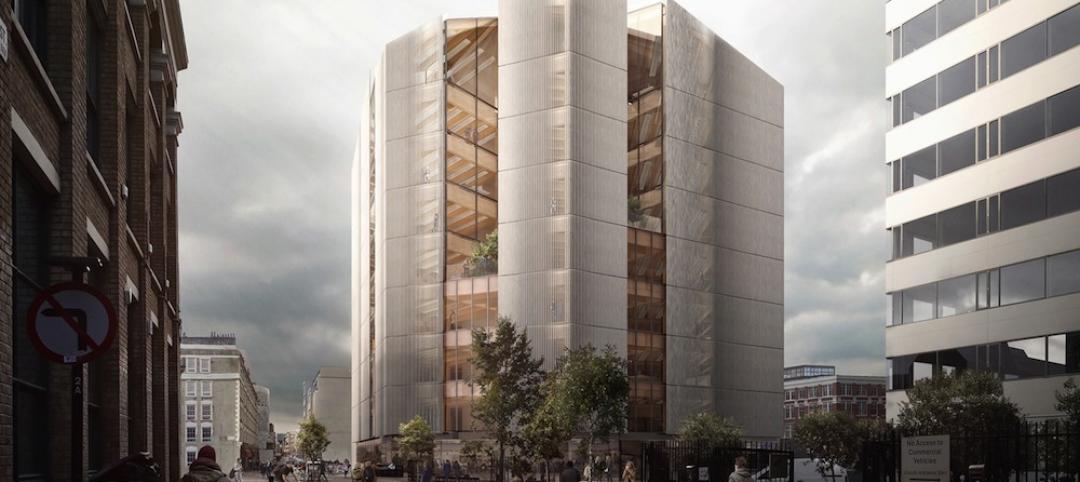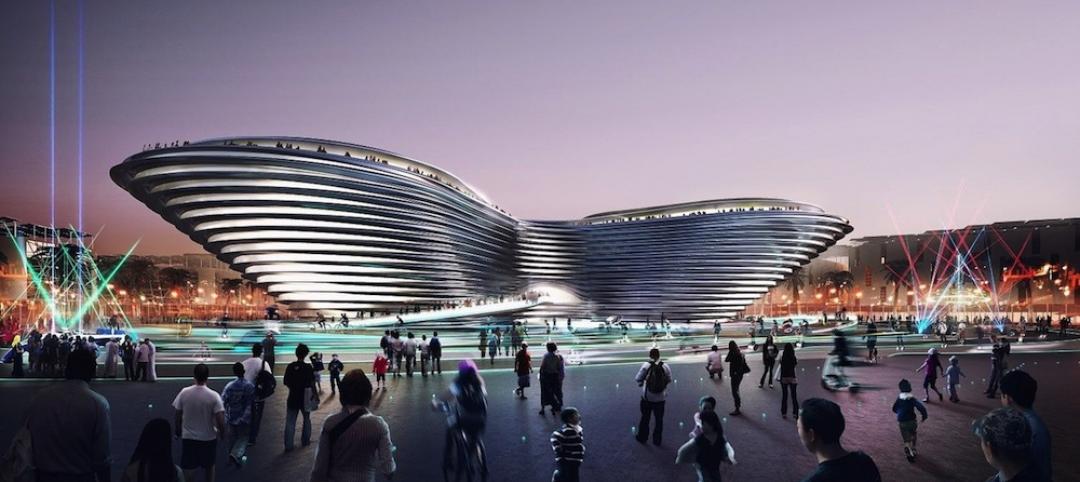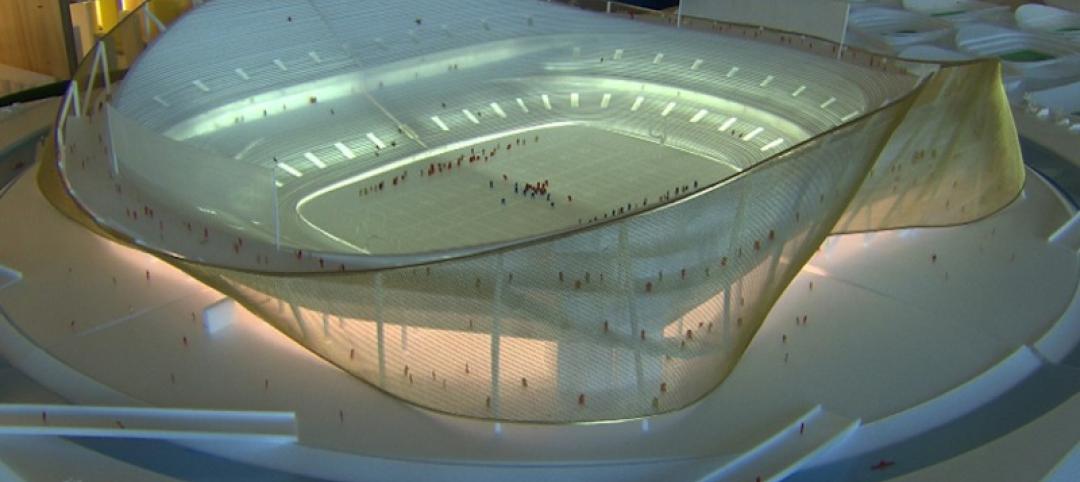Buoyed by sustained demand for apartments and condominiums, coupled with state and local governments moving ahead with delayed public projects, the Architecture Billings Index (ABI) has been positive for seven consecutive months.
The American Institute of Architects (AIA) reported the November ABI score was 50.9, down from a mark of 53.7 in October. This score reflects a slight increase in design activity (any score above 50 indicates an increase in billings). The new projects inquiry index was 58.8, following a mark of 62.7 the previous month.
As a leading economic indicator of construction activity, the ABI reflects the approximate nine to twelve month lead time between architecture billings and construction spending.
The AIA has added a new indicator measuring the trends in new design contracts at architecture firms that can provide a strong signal of the direction of future architecture billings. The score for design contracts in November was 54.9.
“Demand for design services has slowed somewhat from the torrid pace of the summer, but all project sectors are seeing at least modest growth,” said AIA Chief Economist Kermit Baker, Hon. AIA, PhD. “Architecture firms are expecting solid mid-single digit gains in revenue for 2014, but heading into 2015, they are concerned with finding quality contractors for projects, coping with volatile construction materials costs and with finding qualified architecture staff for their firms.”
Key November ABI highlights:
• Regional averages: South (57.9), West (52.7), Midwest (49.8), Northeast (46.7)
• Sector index breakdown: multi-family residential (56.8), mixed practice (52.6), institutional (51.3), commercial / industrial (50.6)
• Project inquiries index: 58.8
• Design contracts index: 54.9
The regional and sector categories are calculated as a 3-month moving average, whereas the national index, design contracts and inquiries are monthly numbers.
About the AIA Architecture Billings Index
The Architecture Billings Index (ABI), produced by the AIA Economics & Market Research Group, is a leading economic indicator that provides an approximately nine to twelve month glimpse into the future of nonresidential construction spending activity. The diffusion indexes contained in the full report are derived from a monthly “Work-on-the-Boards” survey that is sent to a panel of AIA member-owned firms. Participants are asked whether their billings increased, decreased, or stayed the same in the month that just ended as compared to the prior month, and the results are then compiled into the ABI.
These monthly results are also seasonally adjusted to allow for comparison to prior months. The monthly ABI index scores are centered around 50, with scores above 50 indicating an aggregate increase in billings, and scores below 50 indicating a decline. The regional and sector data are formulated using a three-month moving average. More information on the ABI and the analysis of its relationship to construction activity can be found in the recently released White Paper, Designing the Construction Future: Reviewing the Performance and Extending the Applications of the AIA’s Architecture Billings Index on the AIA website.
Related Stories
Architects | Mar 31, 2016
Auto-shading windows and point-of-decision design are among the research projects to receive AIA funding grants
Firms represented by the projects and initiatives receiving grants include HKS, DO|SU Studio Architecture, and McClain + Yu Architecture and Design.
Hotel Facilities | Mar 30, 2016
The Usonian Inn, a Frank Lloyd Wright-inspired motor lodge, is on the market for $665,000
The Usonian Inn proudly displays many Wright-inspired characteristics, the most prominent of which is the use of cantilevered overhangs.
Designers | Mar 30, 2016
A technical pen for the modern age
Morpholio’s new ScalePen feature dynamically sets line weight depending on the scale or zoom level of the drawing.
Architects | Mar 29, 2016
Why drawing remains relevant in the design process
Hand-drawn concepts allow ideas to emerge and build stronger connections between the design and the audience, as Gensler Principal and Design Director Alex Fernández writes.
Education Facilities | Mar 28, 2016
Steven Holl wins invited competition to design Rubenstein Commons
The new Rubenstein Commons will be a 20,000-sf structure at the center of the campus for the Institute for Advanced Study in Princeton, N.J.
Wood | Mar 28, 2016
Waugh Thistleton designs one of the tallest timber office buildings in London
The nine-story Development House has vertical open spaces for light and air flow.
Architects | Mar 20, 2016
Ars Gratia Artis: A North Carolina architect emphasizes the value of art in its designs
Turan Duda says clients are receptive, but the art must still be integral to the building’s overall vision.
Architects | Mar 16, 2016
PGAL acquires Dallas-based Pro Forma Architecture
The merger adds a firm that has specialized in municipal projects.
Events Facilities | Mar 15, 2016
Bjarke Ingels, Foster+Partners, and Grimshaw all winners in Expo 2020 pavilion design competition
BIG designed the Opportunity Pavilion, Foster+Partners submitted the winning Mobility Pavilion, and Grimshaw created the Sustainability Pavilion.
Sports and Recreational Facilities | Mar 14, 2016
Washington Redskins tease new stadium model designed by Bjarke Ingels
The location isn't yet determined, but the new stadium will have a moat for kayaking.


